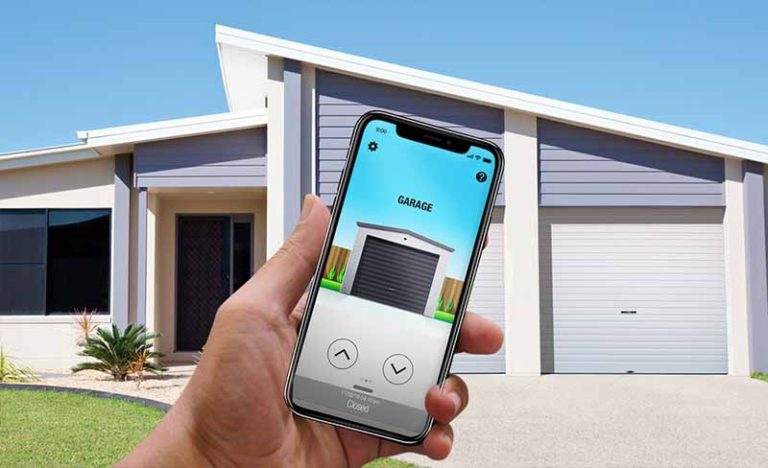
Extreme Weather: What You Need to Know About Climate Change
The Pacific Northwest, including Spokane, has seen increasingly extreme weather events, from intense heatwaves to heavy rainfall. These changes are more than random variations in climate—they’re part of a larger trend driven by global warming. Here’s what you need to know about how climate change is affecting extreme weather and what it means for residents.
Rising Temperatures
Global temperatures are rising at an unprecedented rate. Spokane and surrounding areas are experiencing hotter summers, with heatwaves now lasting longer and occurring more frequently. This trend is driven by greenhouse gas emissions, which trap heat in the atmosphere, causing global temperatures to rise. This rise not only affects daily temperatures but also disrupts natural ecosystems and places additional stress on infrastructure and public health systems.
More Intense Storms and Precipitation
As temperatures increase, so does the atmosphere’s capacity to hold moisture, leading to more intense rainfall. Spokane has already seen an uptick in heavy rain events, which increases the risk of flooding, landslides, and property damage. These intense storms disrupt daily life, impact water management systems, and can strain local resources.
Ocean and Coastal Impacts
Climate change is also accelerating sea-level rise and altering marine ecosystems. Washington’s coastal areas face risks from higher tides and stronger storm surges, putting communities and industries along the coast in jeopardy. Rising sea levels also threaten habitats for local wildlife, impacting both biodiversity and the state’s fishing industry.
Wildfire Risk
Although the Pacific Northwest is known for its lush, temperate rainforests, drier and warmer conditions have increased the risk of wildfires. These fires release significant amounts of carbon, worsening air quality and accelerating global warming in a dangerous feedback loop. Preparing for wildfire risks is now an essential part of climate adaptation in the region.
What Can Be Done?
Addressing climate change requires both individual and collective action. Efforts like reducing carbon emissions, supporting sustainable practices, and advocating for policies aimed at environmental protection can make a difference. Local initiatives in Washington, such as investments in renewable energy, green building codes, and public transportation, are helping to mitigate climate risks.
Understanding these changes is the first step toward protecting our communities and adapting to an unpredictable future. By staying informed and supporting climate-friendly policies, Spokane residents can play a part in reducing the impact of extreme weather on their region.





